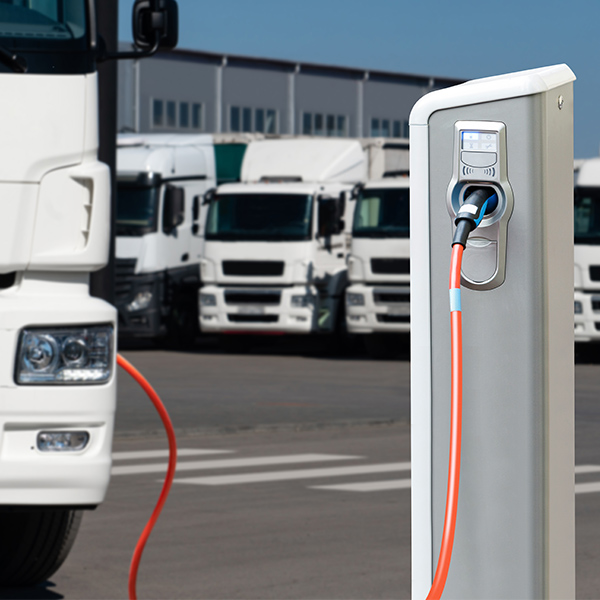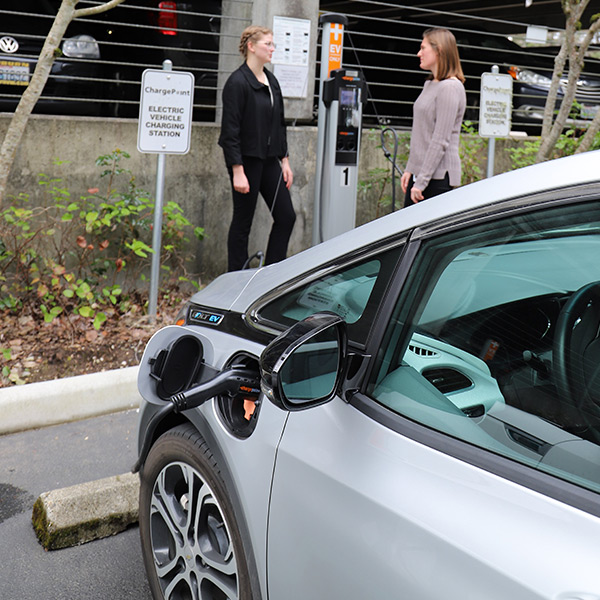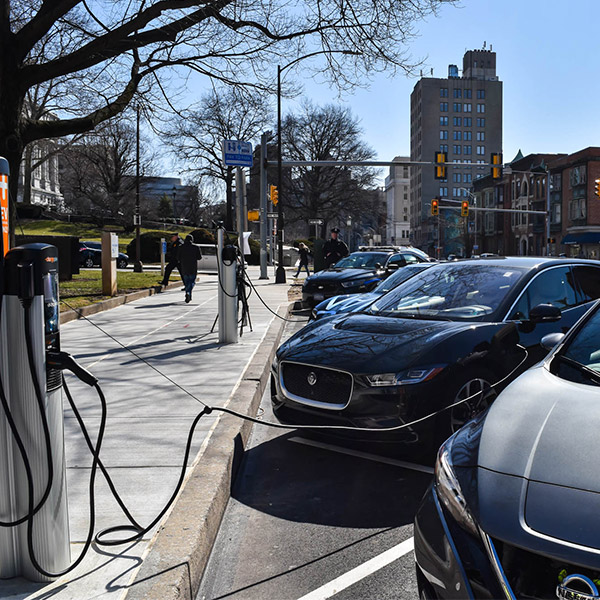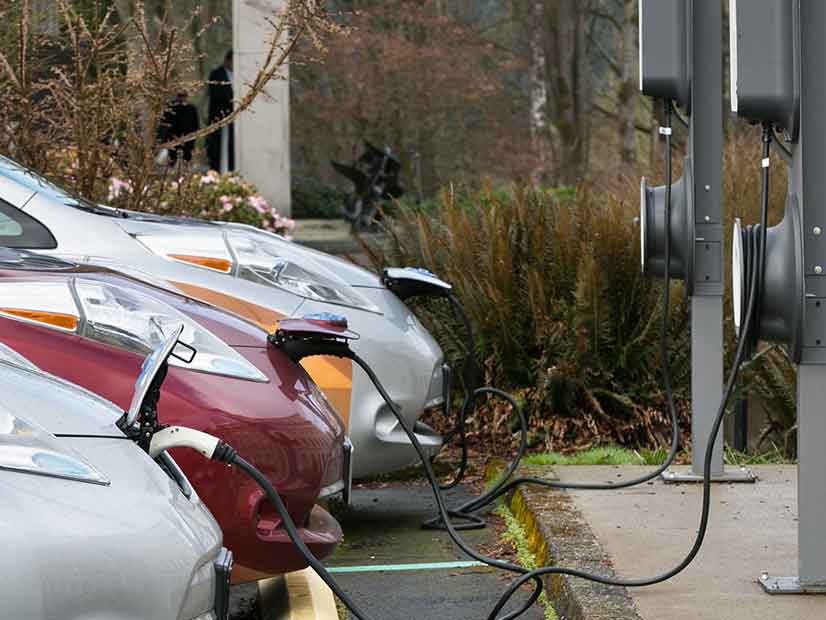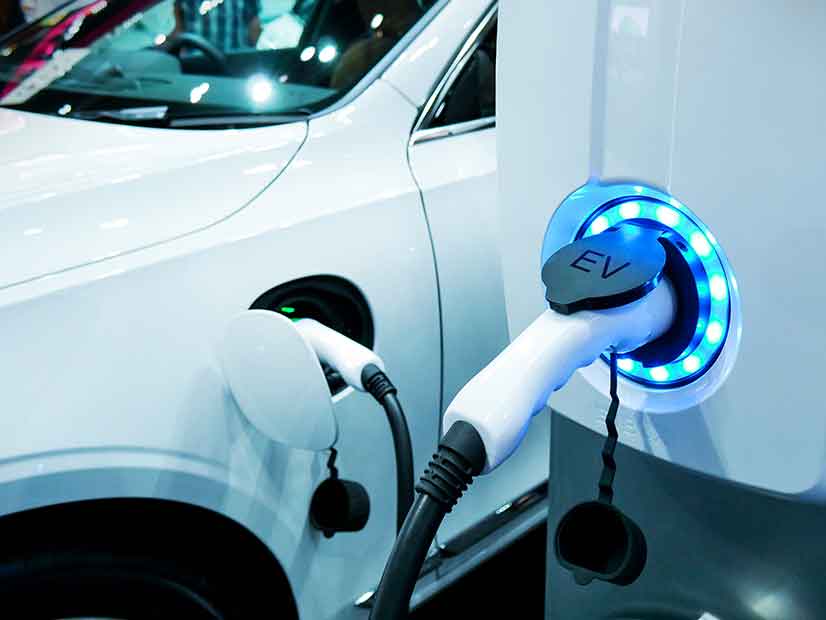Electric vehicles (EVs)
The electrification of trucking fleets will require utilities to adopt smart grid technologies and design new rates, panelists said during a SEPA panel.
Electric utilities would be responsible for wiring and providing backbone infrastructure to install chargers but would be operators "of last resort."
Washington officials have kicked off their work to adopt California’s transportation emissions standards, which will set targets for the adoption of ZEVs.
More than 600 people attended the NARUC Summer Policy Summit in person and hundreds more watched via livestream.
Pennsylvania's environmental secretary highlighted electric vehicle and solar initiatives promoted by the department at an Advisory Council meeting.
Washington’s King County Council passed a law requiring the installation of charging stations at multi-unit dwellings in its unincorporated areas.
A Senate panel cleared Sen. Joe Manchin's $98 billion Energy Infrastructure Act, with three Republicans joining Democrats to send it to the Senate floor.
California utilities are finding ways to overcome the financial barriers to electrifying residences as the state pursues its net zero goals.
New Jersey Gov. Phil Murphy signed two bills designed to make it easier to set up electric vehicle charging stations in the state.
Technological advancements in electric race cars offer a sneak peek into how the consumer EV market will change in the coming years.
Want more? Advanced Search

